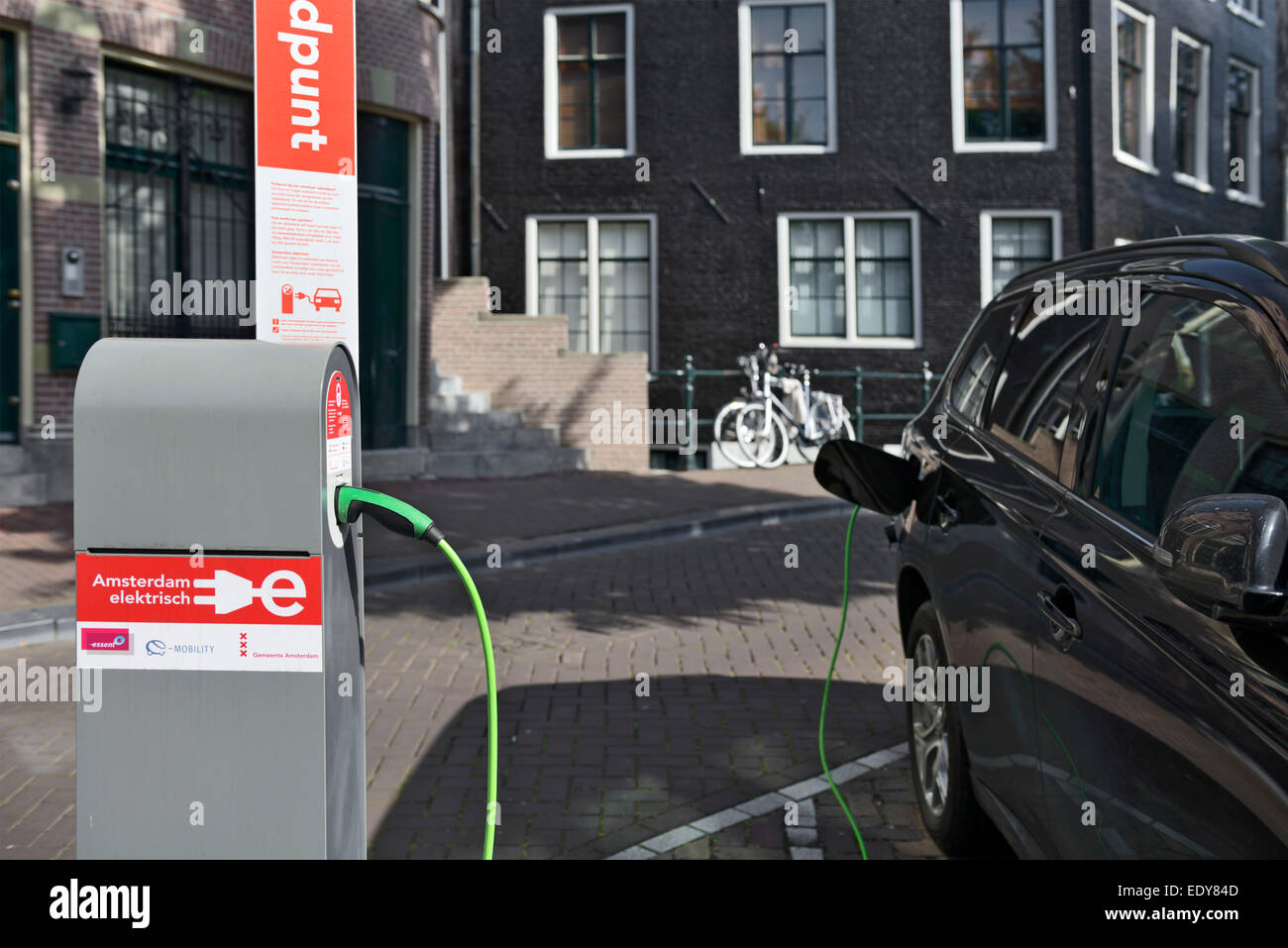Zhivago wrote:Sandydragon wrote:Zhivago wrote:
Power could be generated by renewable energy, or potentially in the longer term even fusion could be possible. Hydrogen on the other hand is primarily produced by steam reformation of hydrocarbon fuels with CO2 as a product.
Point is surely that we should be moving away from using hydrocarbons?? No?
If there is a practical alternative then I'm all for it. But renewables aren't effective enough at the moment. But limiting ourselves to the constraints of wind and solar whilst looking to add to the load is a bad idea.
Any alternative has to be practicable for a major economy, no?
Who says we must limit ourselves to one method of electrical energy generation? The key point is to reduce emissions, especially in our living areas (such as cities). Fossil fuels with carbon capture could be used while we improve efficiency of renewable sources. Onshore wind is cost-effective enough, but indeed some of the other renewable sources need investment and improvement. But we are talking about the future here, I think we can assume progress on that front. I think we can also assume progress on the battery front - Lithium is not the only option, there will be new alternatives that promise more capacity and are more environmentally friendly as we are already starting to see. But we are talking about a 10-20 year vision.
I'm not suggesting we limit ourselves to one type of renewable, merely that there are current significant constraints with that form of electricity. These will hopefully change and improve, there are no guarantees but I wouldn't argue that it's reasonable to expect that it's likely that there will be.
I still dispute th 10-20 year vision though. That timeframe works with a viable alternative already in place. Currently electric cars don't have the range that all users need, and that's before we consider heavy vehicles. Realistically, the electric , or alternative, solution needs to be in place and becoming widely accepted. Then, once the end for petrol and diesel is less clear, you have a period of time where electric infrastructure is allowed to grow as the threat of a ban is discussed, probably over a decade at least before implementation, allowing all road users a fair chance of upgrading.
We're not talking ten years, more like 25-30 provided that a viable solution can be found, which in the case of electric,Evans a much quicker recharge time, better range, wider application across all vehicle types and the infrastructure to allow recharge and generate the power in the first place. With threats of brownouts if existing generation isn't upgraded or replaced, adding a whole new burden to the national grid is a recipe for disaster.
